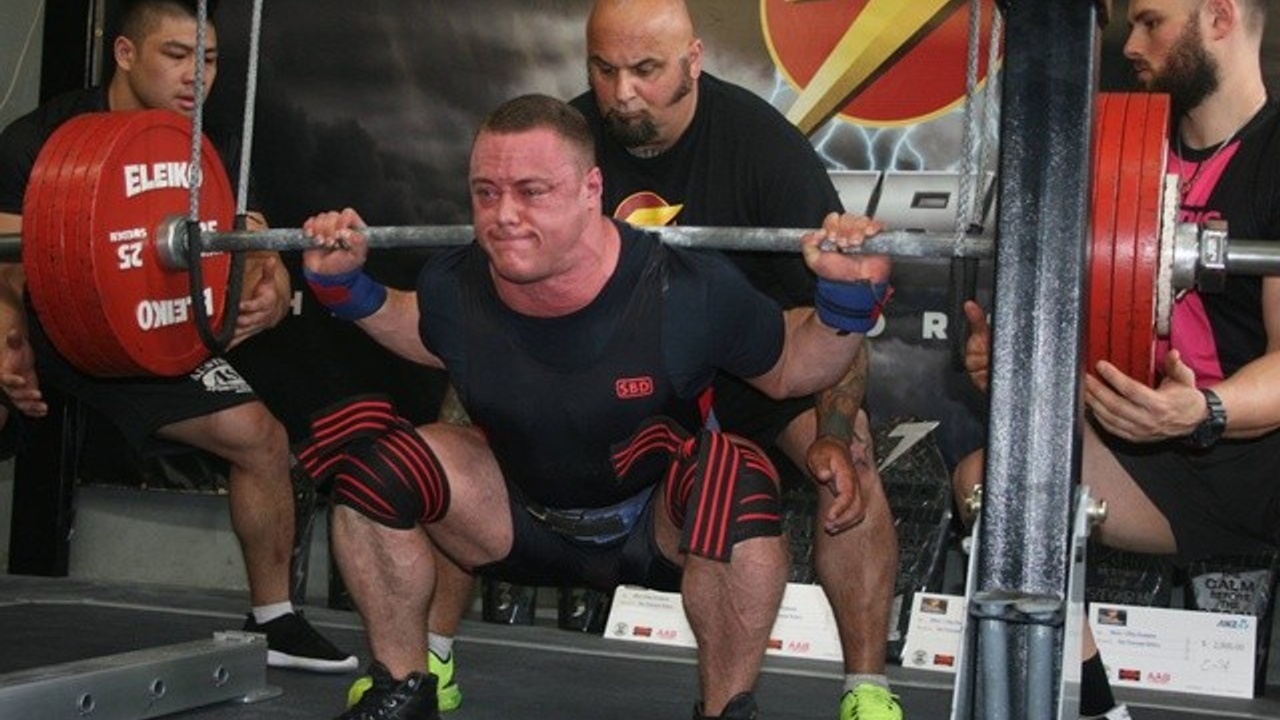Articles
Training Deloads

For us as athletes we are always striving to drive our performance to new heights, we obsess over the smallest details that will allow us to get most out of our training and to maximise our results. For many individuals, they believe the way to achieve this is by finding the next product or a new secret technique but, sometimes less is more! The belief that all improvement takes is a little more work along with some extra blood and tears is a frame of mind that is prevalent within the lifting community but, just because some is good DOES NOT mean more is better. Sometimes it is not a lack of work that holds back progress but a lack of structured recovery, that is why today I wish to explore the importance of deloading and the place it should hold within your programming.
First things first, what classifies a deload and how should they be structured? A deload is defined as a pre-determined or self-regulated period (usually a week), in which your volume or intensity is titrated to achie...
Training Early In The Morning

The reality for many of us is that we are not professional athletes.
Training, although an essential part of life, can't often take the place of the highest priority over things like work, family and lifestyle and honestly, nor should it.
Training is a tool we use to drive positive health outcomes and work towards our strength or fitness goals, and for some of us to make that happen, it has to be relegated to the early morning shift, where you can steal a bit of free time.
For many, including myself, the struggle has always been making early morning training feel as productive as training later in the day, especially if you are hitting heavy compound work or sessions of a high load or intensity.
Questions like to eat or not to eat, how to get moving as fast as possible and how to manage your time effectively are all things I want to give you the answers to today!
Setting routines and food choices
Half of the battle regarding early morning movement is setting clear routines.
Our...
Maxing out too often?

Are you maxing too often?
Constantly testing your 1 rep max is a pitfall myself and many other people have fallen into. I remember hitting a max squat every week for about a year. I made zero progress and had no idea why. Looking back, I’m honestly amazed I didn’t pick up an injury.
Maxing is fun. I get it. Unfortunately, it doesn’t help you get ahead at all.
I believe ‘Powerlifting training’ works for people often because they have set numbers to hit. They have numbers based off of their 1RM’s to hit for particular days and this is a tool which can force you to keep progressing. Good bodybuilders and other sports do this too but it’s less common as our whole sport is based on hitting these maxes.
So, 1RM testing can give you an indication of how you are progressing and allows you to implement the correct training percentages for each main lift as you go from training block to training block. Keeping your training honest and focused on your goals.
Testing your maxes won’t make you...

